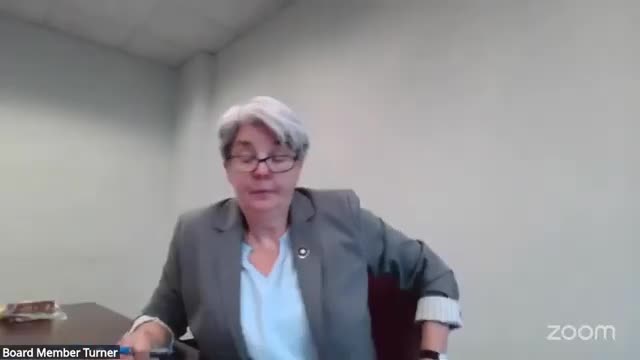Connecticut Board of Pardons and Paroles grants pardons to applicants after full hearing
Get AI-powered insights, summaries, and transcripts
Subscribe
Summary
At a full public pardon hearing Oct. 7, 2025, the Connecticut Board of Pardons and Paroles tentatively granted absolute pardons to multiple applicants and denied several others; all grants are contingent on final record checks by the Connecticut State Police Bureau of Identification.
The Connecticut Board of Pardons and Paroles held an absolute-pardon hearing Oct. 7, 2025, by Zoom (live-streamed on CTN), during which the board voted on applications from people seeking full pardons. Chairperson Nancy Turner presided; board members Robert Czaskos and Deborah Smith Palmeri were on the panel. Parole officer Ferraro, the hearing coordinator, read the board’s procedural instructions at the start of the session.
The board reviewed written records and heard brief oral statements from applicants and their attorneys, asked follow-up questions, and then put motions on the record. In a series of recorded roll-call votes the panel voted to grant full and absolute pardons to a substantial number of applicants whose cases were on that docket and to deny a smaller number. The board and staff repeatedly reminded applicants that any pardon granted at today’s hearing is tentative until state and national record checks are completed by the Connecticut State Police Bureau of Identification; the board noted that final clearing of public records can take up to 10 weeks and that the board will issue a certificate of pardon by mail once checks are complete.
Several applicants discussed long histories of substance use, decades-old convictions, or rehabilitation activities; others described recent criminal-justice involvement. Board members asked about sobriety dates, completion of treatment or supervision, ongoing employment and housing, and whether victims had been contacted. The Office of Victim Services told the board when victims were reachable and when it had an advocate present; in one case the victim submitted a written statement and asked that it be read to the panel. The board made on-the-record findings and votes in each matter and announced outcomes to applicants during the hearing.
The board also reiterated procedural points it reads at every hearing: applicants are sworn before testifying; a pardon is not a finding of innocence; a granted pardon does not become final until record checks clear; and applicants remain responsible for disclosing any intervening arrests or convictions. The board cautioned applicants that third-party internet background services may continue to show records for some time even after a pardon is issued.
The panel generally emphasized rehabilitation, stable employment and housing, completion of court-ordered programs, and steps taken to make amends. The hearing included cases spanning many decades: some applicants had convictions from the 1980s and 1990s and described long stretches of clean living and community work; others had more recent convictions or outstanding questions that led the board to deny relief or ask for more time. The board’s formal votes for each case are reflected in the hearing minutes and will be posted to the board’s website within 48 hours, and applicants will receive an email or letter with the decision.
